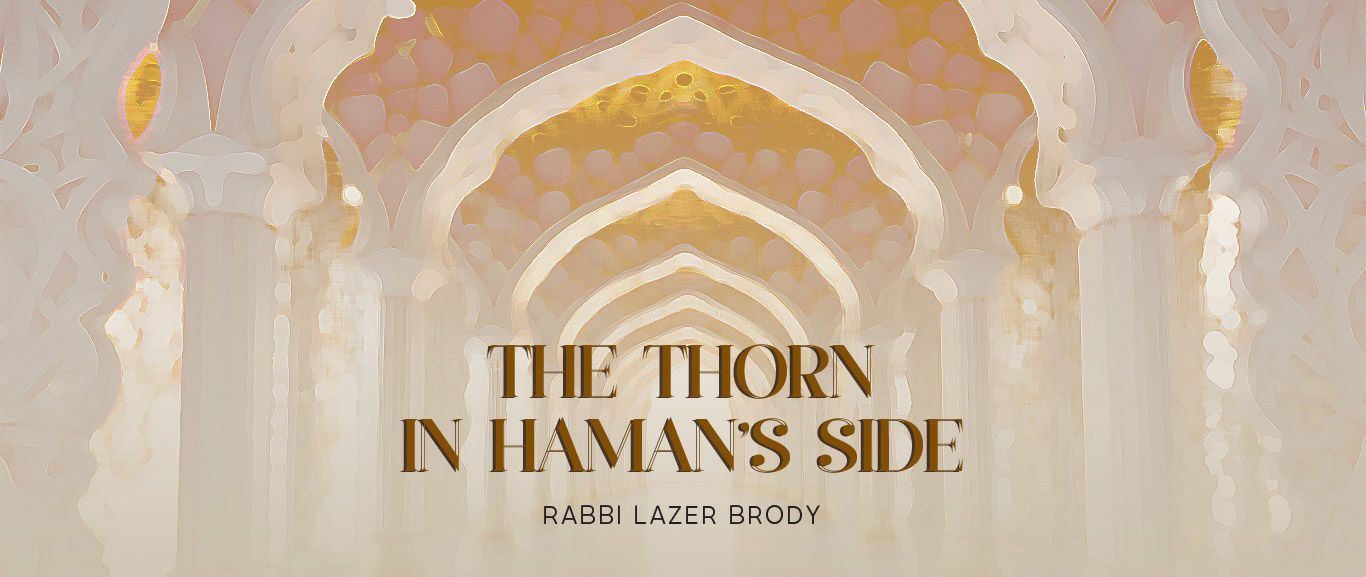
The Thorn in Haman’s Side
Even though the palace feast was Glatt Kosher, Mordechai issued a directive prohibiting any Jew from attending. Other Jewish leaders called him "extreme" and "primitive"...

Let’s examine Haman’s profile: the Midrash tells us that he had 208 sons. He was the richest man on earth with more assets than one would find in a leading Swiss bank. Everyone bowed down to him and everyone paid homage to him, except for one person – Mordechai the Jew. Haman consequently made the declaration that none of his vast riches, many sons and prestige mean a thing to him (Esther 5:13).
Is Haman crazy? What’s the big deal? If you were in his place, would you let one person bother you? Mordechai didn’t say a word to Haman. He neither threatened him, fought him, nor did any damage to him. He simply refused to bow down to him. Why should Haman throw everything away because of one elderly Jew?
Let’s take a deeper look.
Rebbe Natan of Breslev teaches that the task of Amalek, the arch-evil personification of the Sitra Achra (literally “other side”, the antagonist of holiness) in every generation, has one main task – to destroy emuna. On the other hand, the true tzaddik of every generation also has one main task – to bring the Jewish people in particular, and the whole world in general, come closer to Hashem. He does that by spreading emuna.
As a consequence, the main job the Sitra Achra is to undermine the holy work of the true tzaddik who is spreading emuna. We see this recurrent theme throughout history. Esau opposed Jacob. Esau’s grandson  Amalek opposed Moses. Haman, Amalek’s descendant, opposed Mordechai, and so forth until Mashiach comes.
Amalek opposed Moses. Haman, Amalek’s descendant, opposed Mordechai, and so forth until Mashiach comes.
Rebbe Nachman of Breslev teaches that one can’t possibly have emuna unless he knows the truth, and he can’t possibly know the truth unless he’s connected to the true tzaddik (see Likutei Moharan I:7). As a result, one must be connected to a true tzaddik in order to learn and attain emuna.
Let’s pause for a moment and ask ourselves, why can’t we learn emuna on our own? What do we need a connection to the true tzaddik for?
Rebbe Natan gives a highly detailed answer to the above question in Likutei Halachot (see Birkat Hare’ach, Halacha 4): Rebbe Natan explains that by virtue of the true tzaddik’s lofty spiritual status, he sees things with greater clarity than anyone else. A person on the top of a mountain sees much further than a person in the lower slopes or down in the valley. Rebbe Natan elaborates that the acquisition of emuna depends on the rectification of one’s imagination, tikkun hemedameh. A holy person who has totally rectified his personal holiness, such as the true tzaddik, is not fooled by fantasy. He uses his powers of imagination to conjure G-dliness to the limits of his faculties. On the other end of the scale, a person with blemished holiness suffers from fantasies, so much so that a broomstick with a wig on top could look to him like Miss America. Therefore, the Torah commands that we heed the true tzaddikim, even if they tell us that “right is left and left is right” (Deuteronomy 17: 11). Since all of us suffer from some degree of blemished personal holiness, none of us can see as clearly as the true tzaddik can. Therefore, many people – even distinguished rabbis who were/are unaware of this principle – have argued with the true tzaddikim and refused to acquiesce to their judgment.
Haman’s original intention was eradicate the Jewish People in a non-violent manner. He made sure that all the food and drink at the palace royal feast would adhere to the highest standards of Kashrut. He even set aside separate tables for the Jews. But he knew that the Jews would see and mingle with the tantalizing Persian young ladies whom he arranged to tempt them, knowing, from the historical precedent of the Midianite women (see Numbers, Ch. 25), that the way to destroy the Jews is to breach their holiness and reduce them to moral decadence.
Mordechai saw through Haman’s wicked designs. He issued a directive prohibiting any Jew from attending the royal feast at the palace. Other Jewish leaders called him “extreme” and “primitive”, claiming that he stood in the way of good relations between the Jews and the regime of Achashverosh. As such, except for a select few who believed in the tzaddik, the vast majority of Jews participated in the feast, thereby invoking the sternest of judgments on the Jewish People. Esther and Mordechai ultimately succeeded in revoking the judgments, thanks to Hashem’s infinite mercy.
To this day, most people – including political leaders, rabbis, and laymen – don’t understand the far-reaching sight of the true tzaddik. They can’t, for in their blemished personal holiness, they can’t see with the same level of G-dliness that the true tzaddik sees.
The true tzaddik is therefore the thorn in Amalek’s side. Were it not for the true tzaddik, the Sitra Achra would have a much easier time. It’s scary to think how close Haman was in succeeding; only Mordechai stood in his way, like the proverbial Dutch boy who prevented the flood by plugging the dike with his thumb. That’s the true tzaddik; in his crystal clear vision, he knows that Torah and holiness guarantee the security of the Jewish People. He’s not fooled by the illusions of fantasy that military might means security.
The sooner we connect to the true tzaddik by learning and implementing his teachings, the sooner we’ll learn emuna and truth. With emuna and truth, we’ll see Purim miracles in our generation, particularly the full redemption of our people and the rebuilding of our Holy Temple, speedily and in our days, amen!


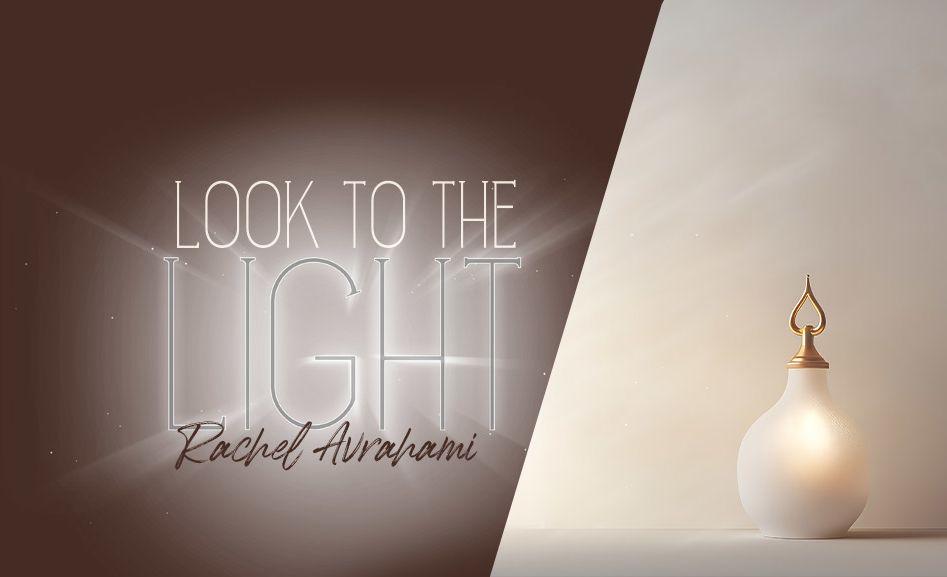
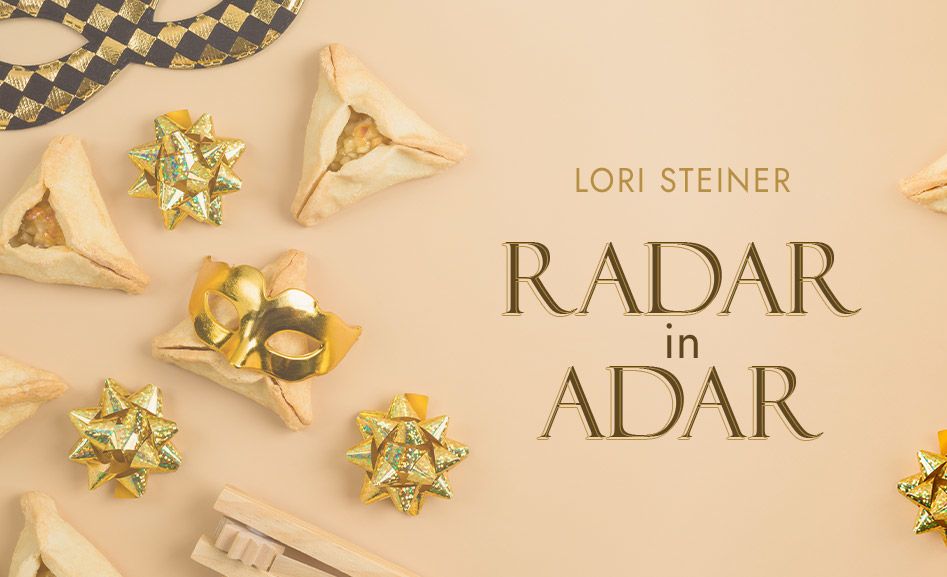

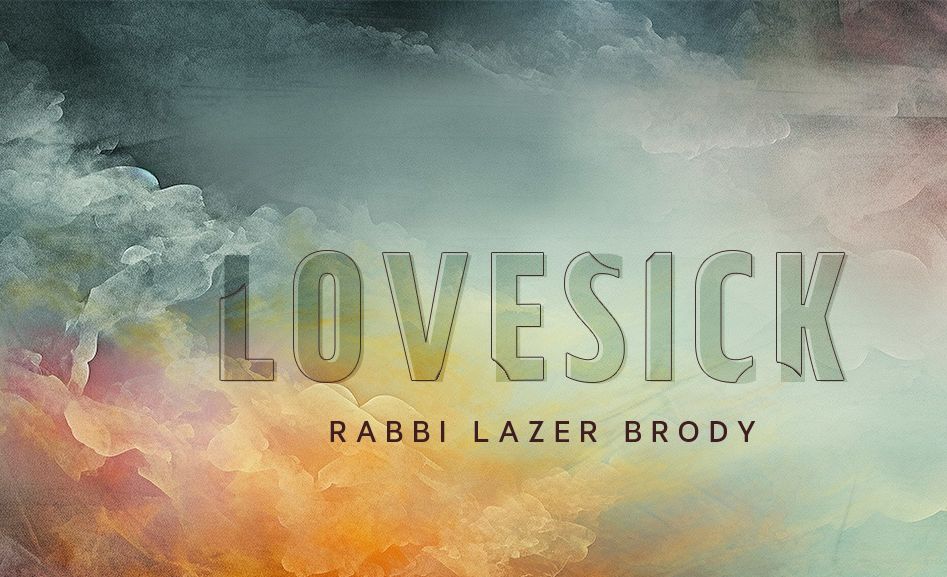

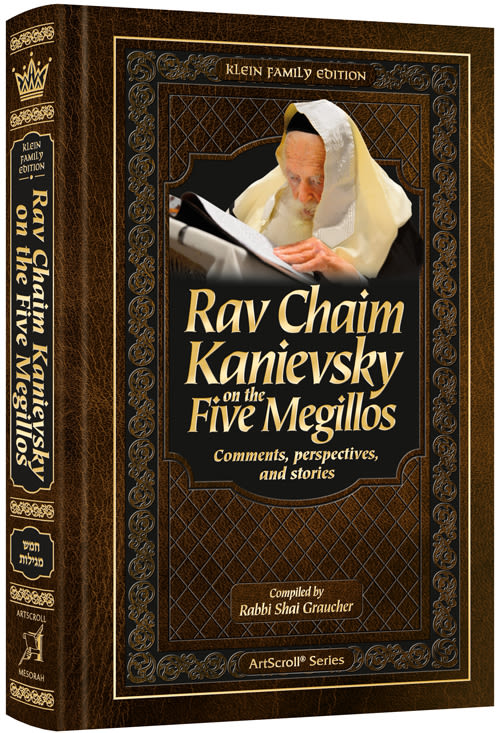
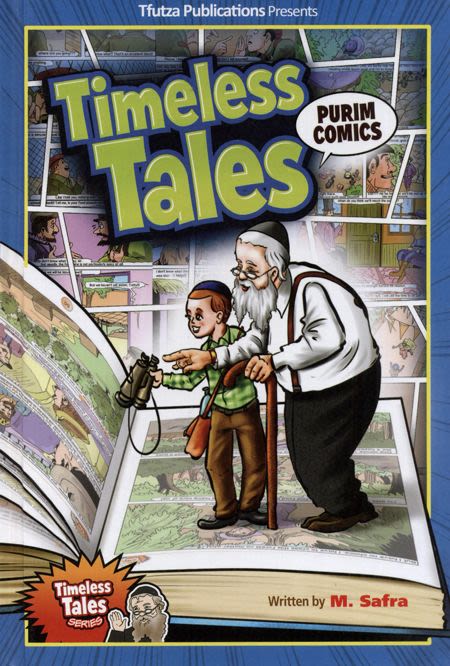


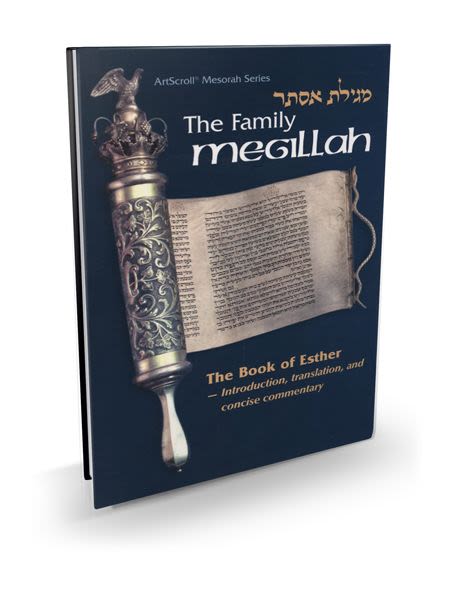
3/04/2014
Trusting in Amalek when we shouldn’t I hope this comment sends, because I tried before and it failed, asking me to fill out all fields when I did. Okay. I think the problem is not that we lack emunah, but that we are putting it in the wrong place. Some are unaware they are trusting Amalek, or at least putting their faith in Ahashveros wrongly. Trust in the Holy One of Israel and his true tzaddik.
3/04/2014
I hope this comment sends, because I tried before and it failed, asking me to fill out all fields when I did. Okay. I think the problem is not that we lack emunah, but that we are putting it in the wrong place. Some are unaware they are trusting Amalek, or at least putting their faith in Ahashveros wrongly. Trust in the Holy One of Israel and his true tzaddik.
3/03/2014
The true tzaddik Ho do I know who is the true tzaddik today and what is he saying ?